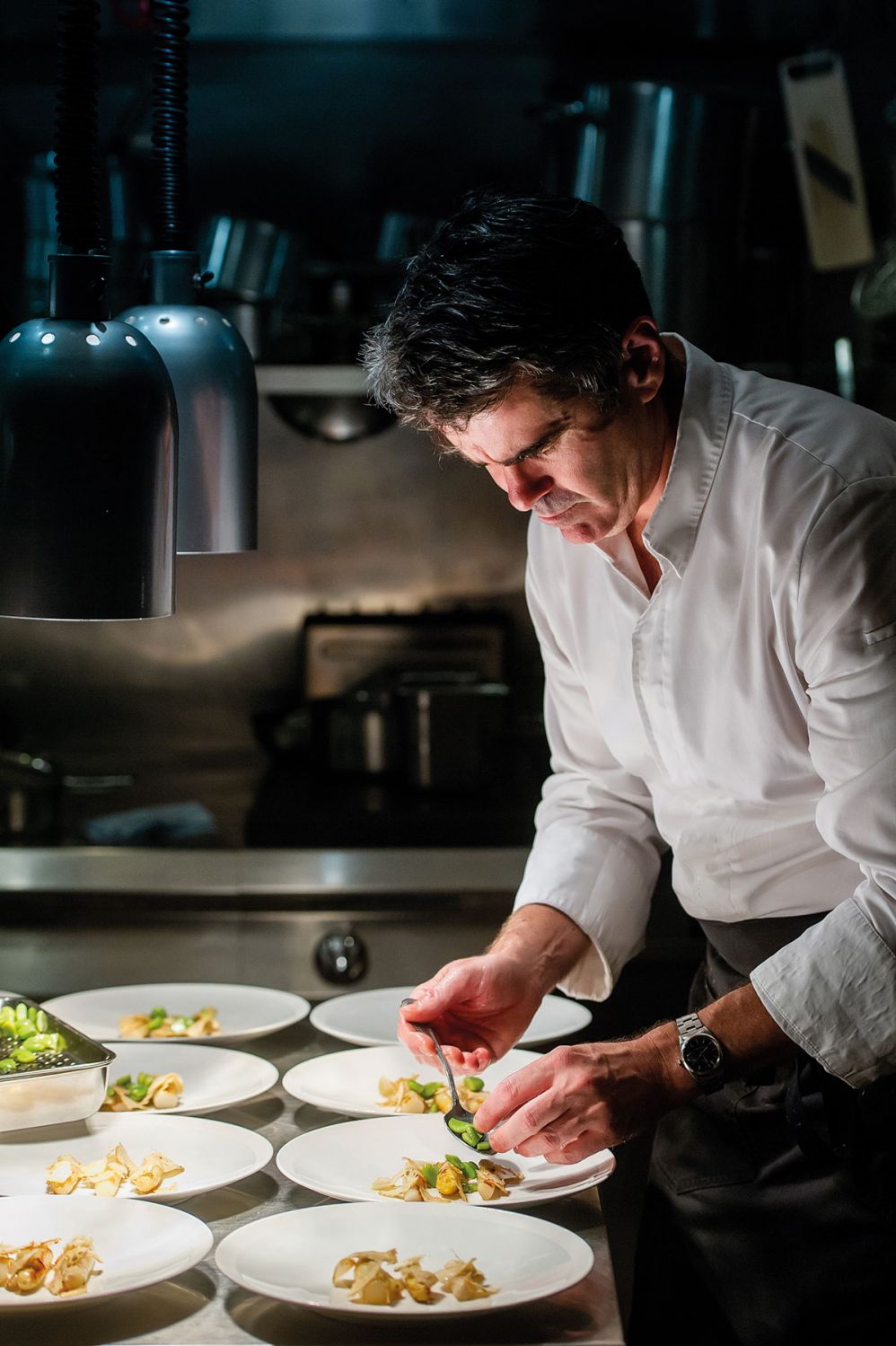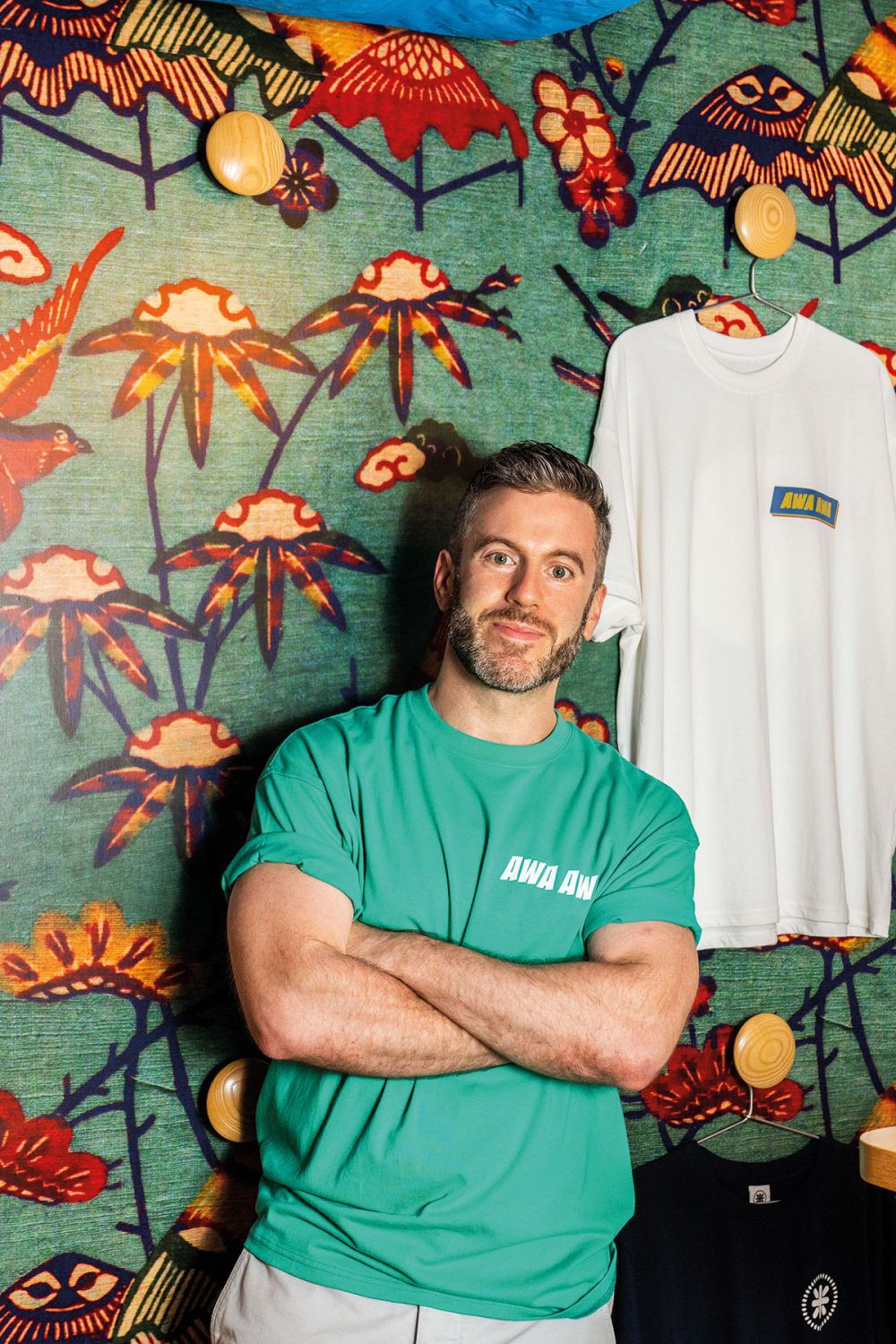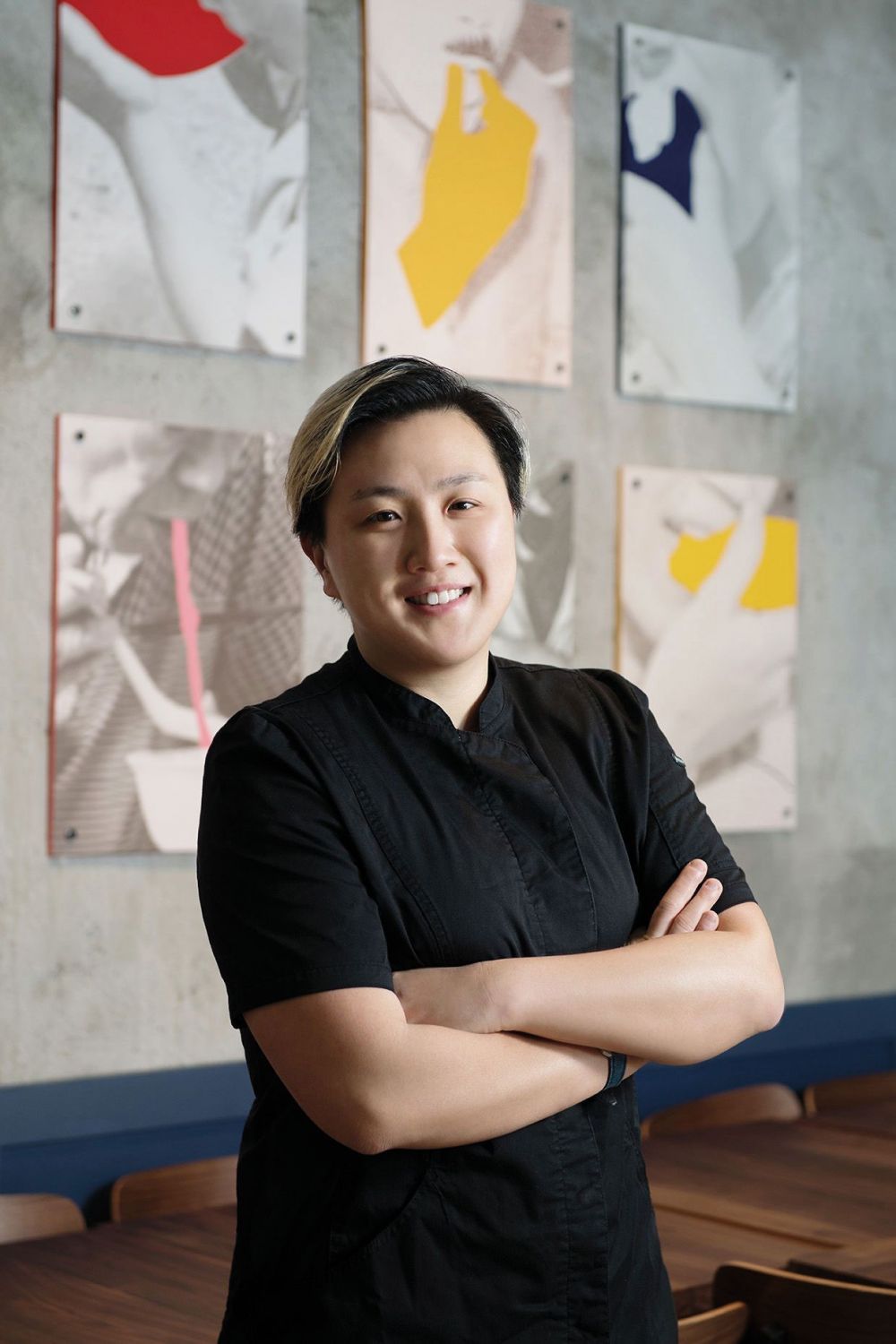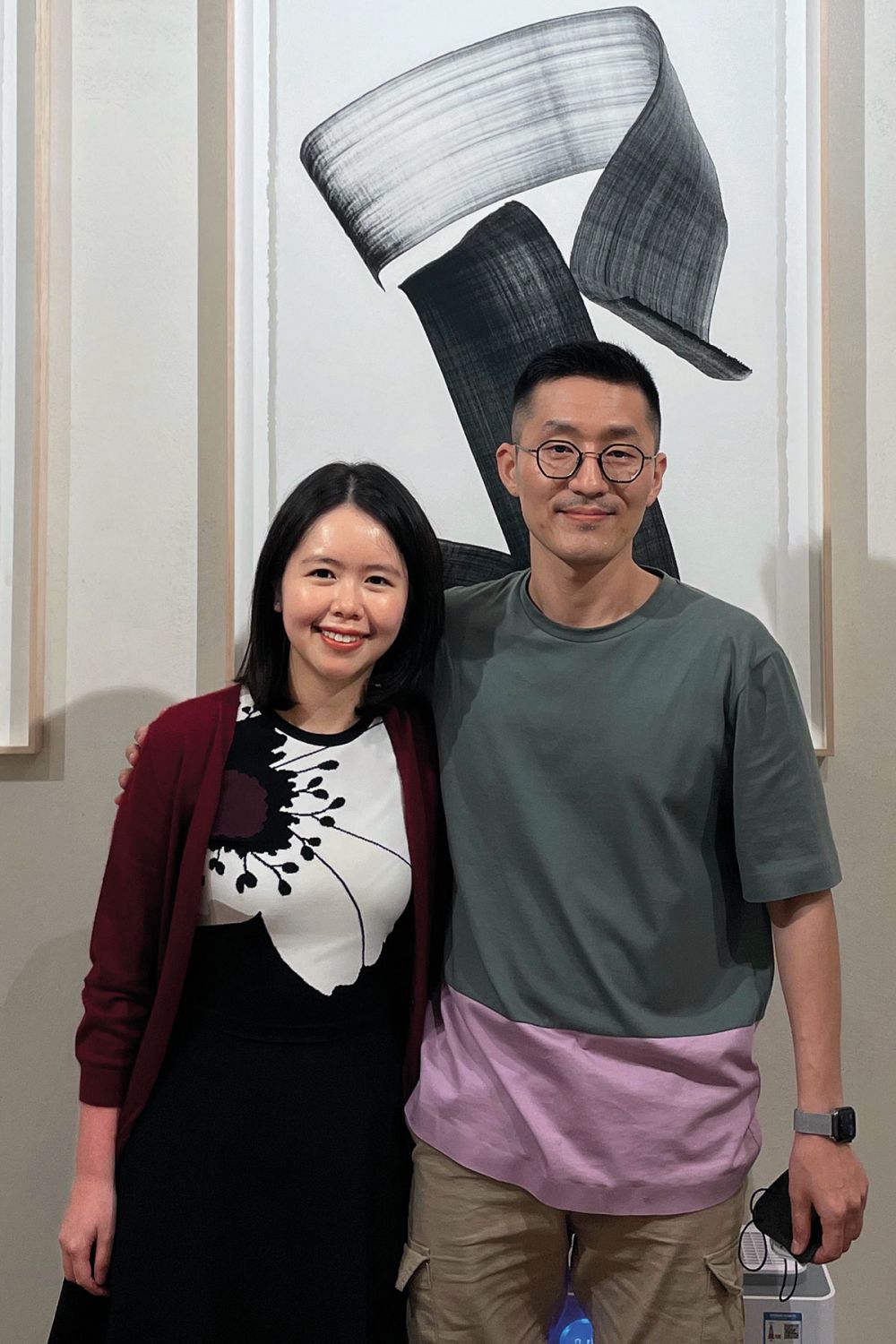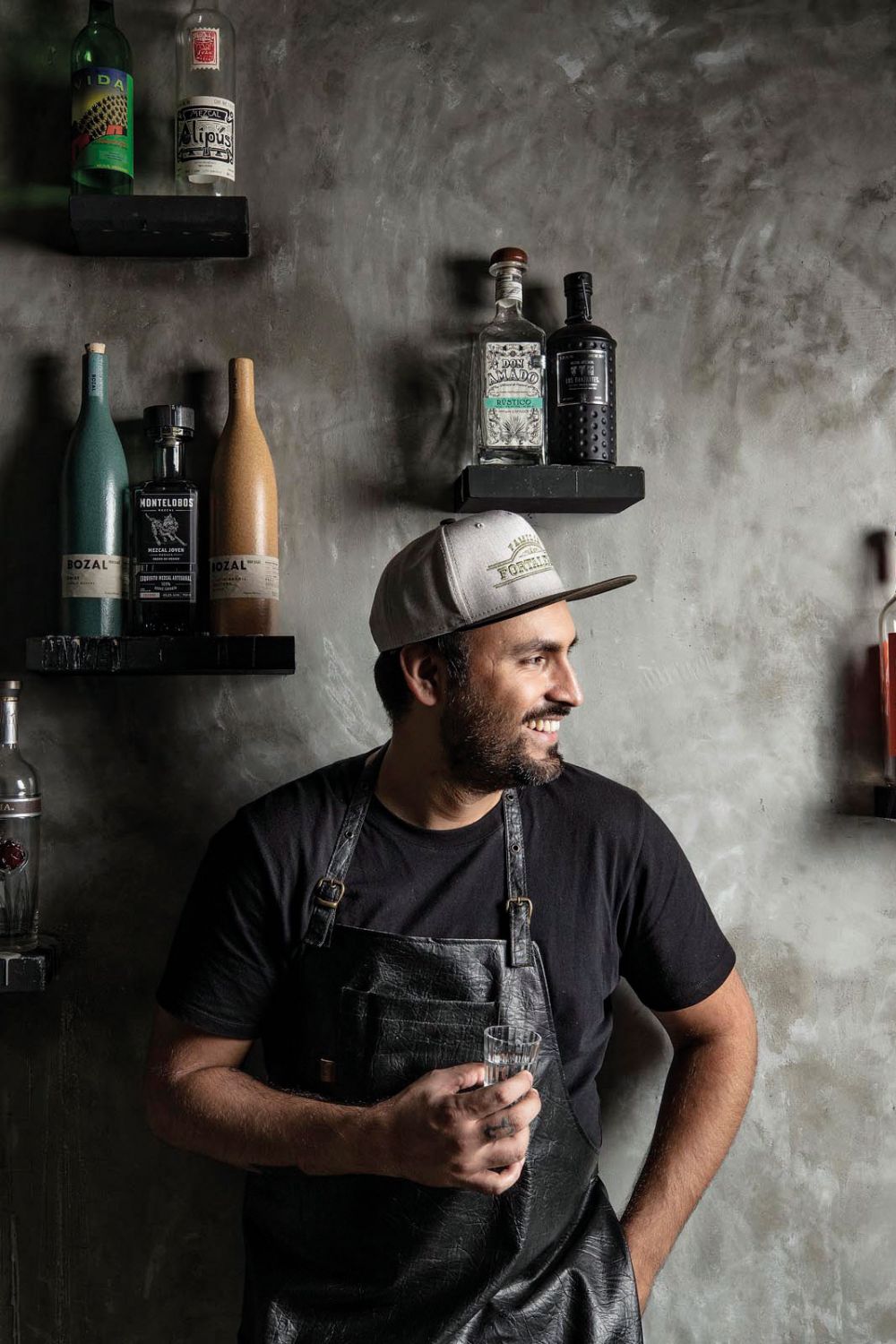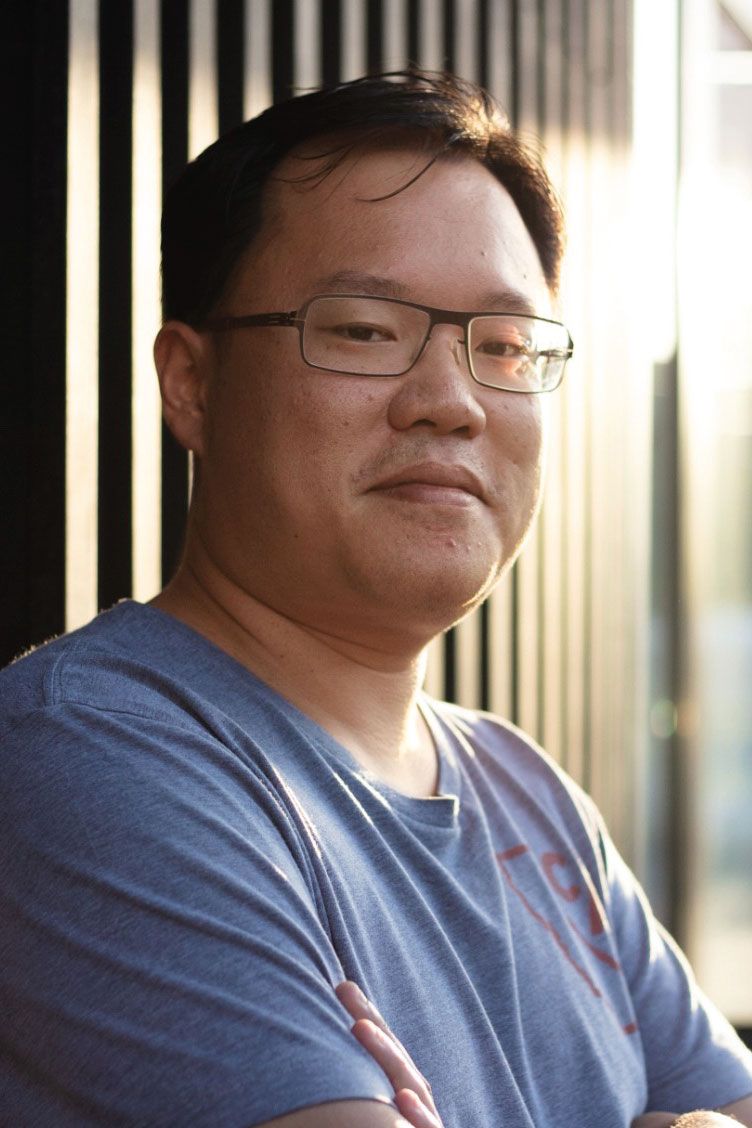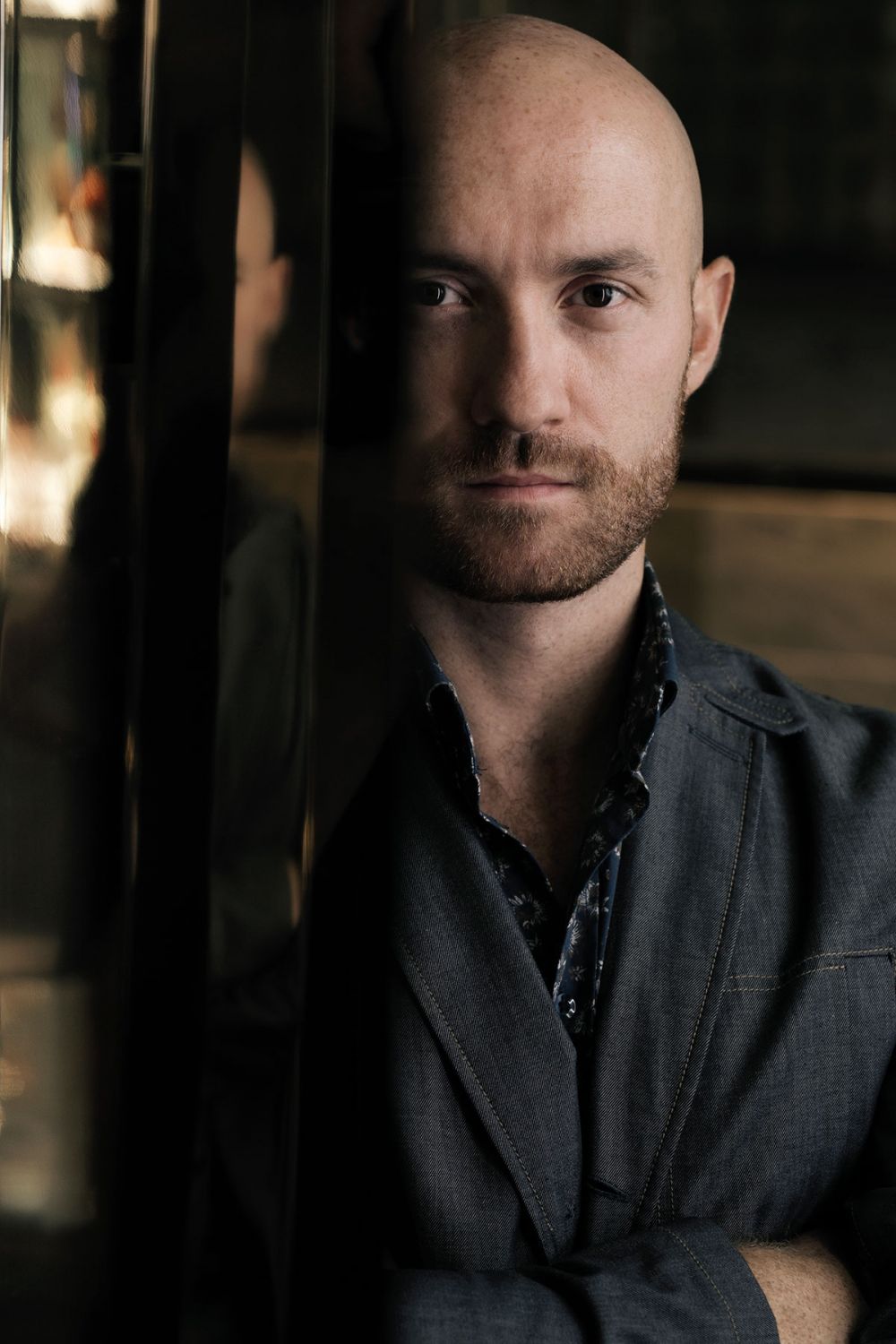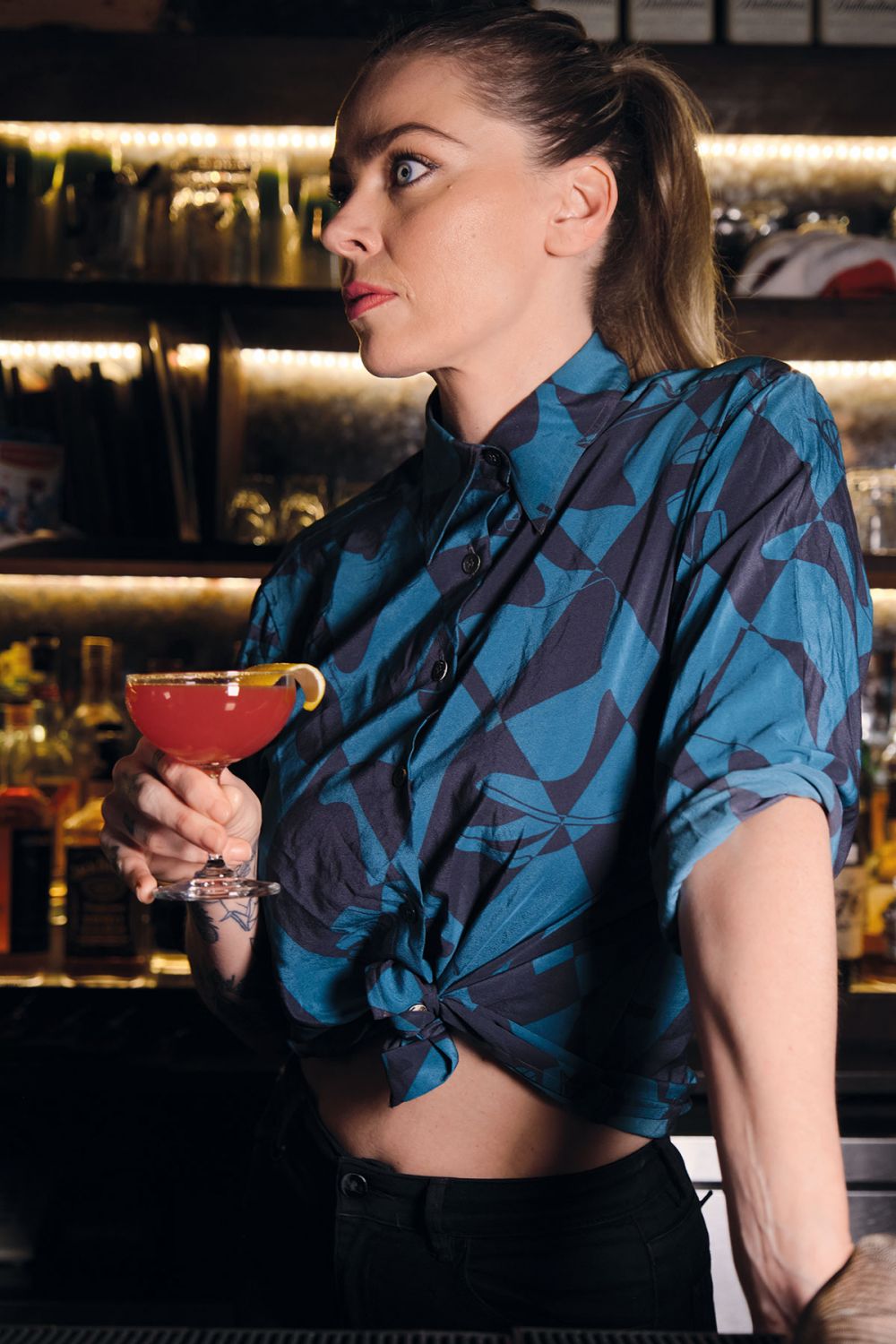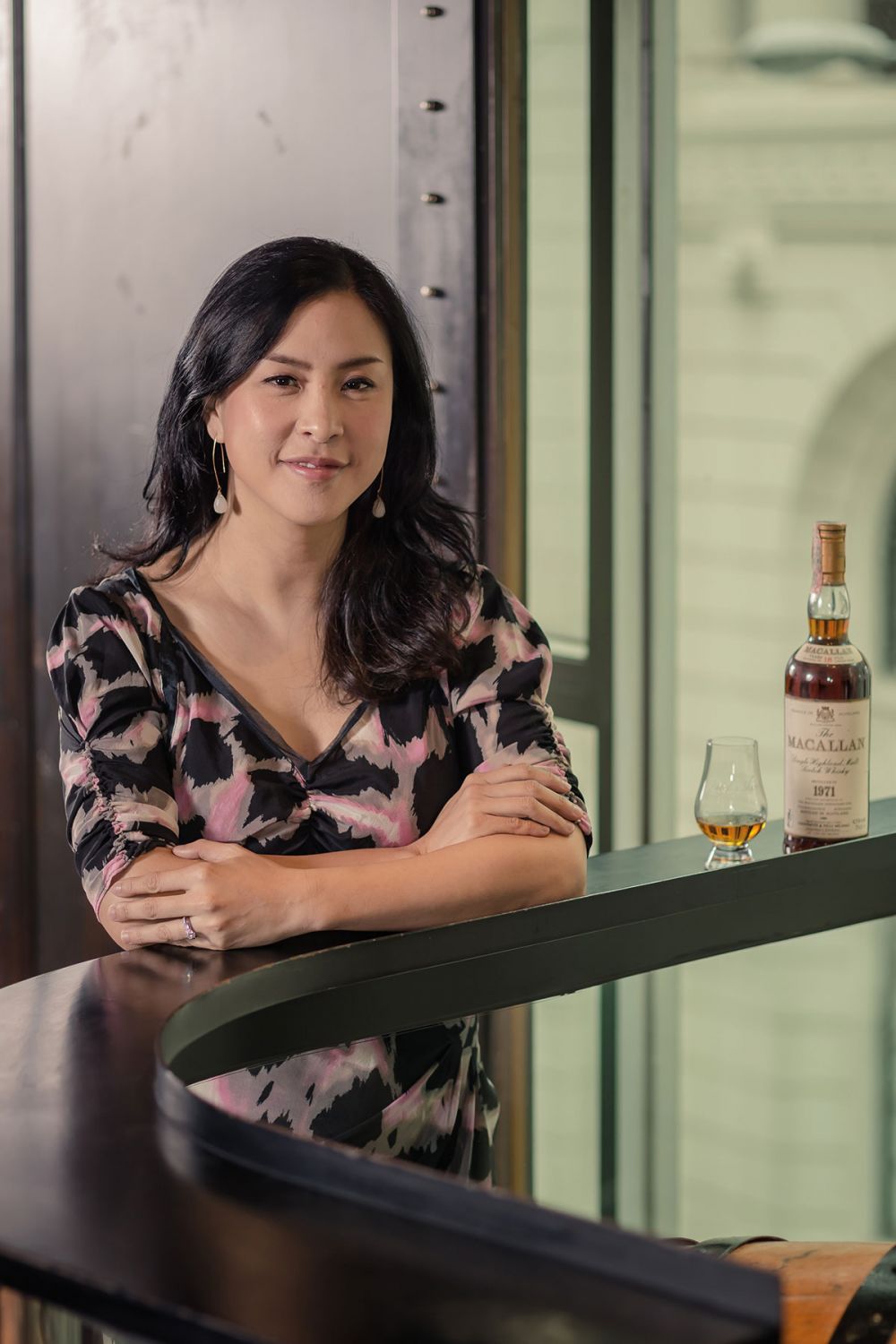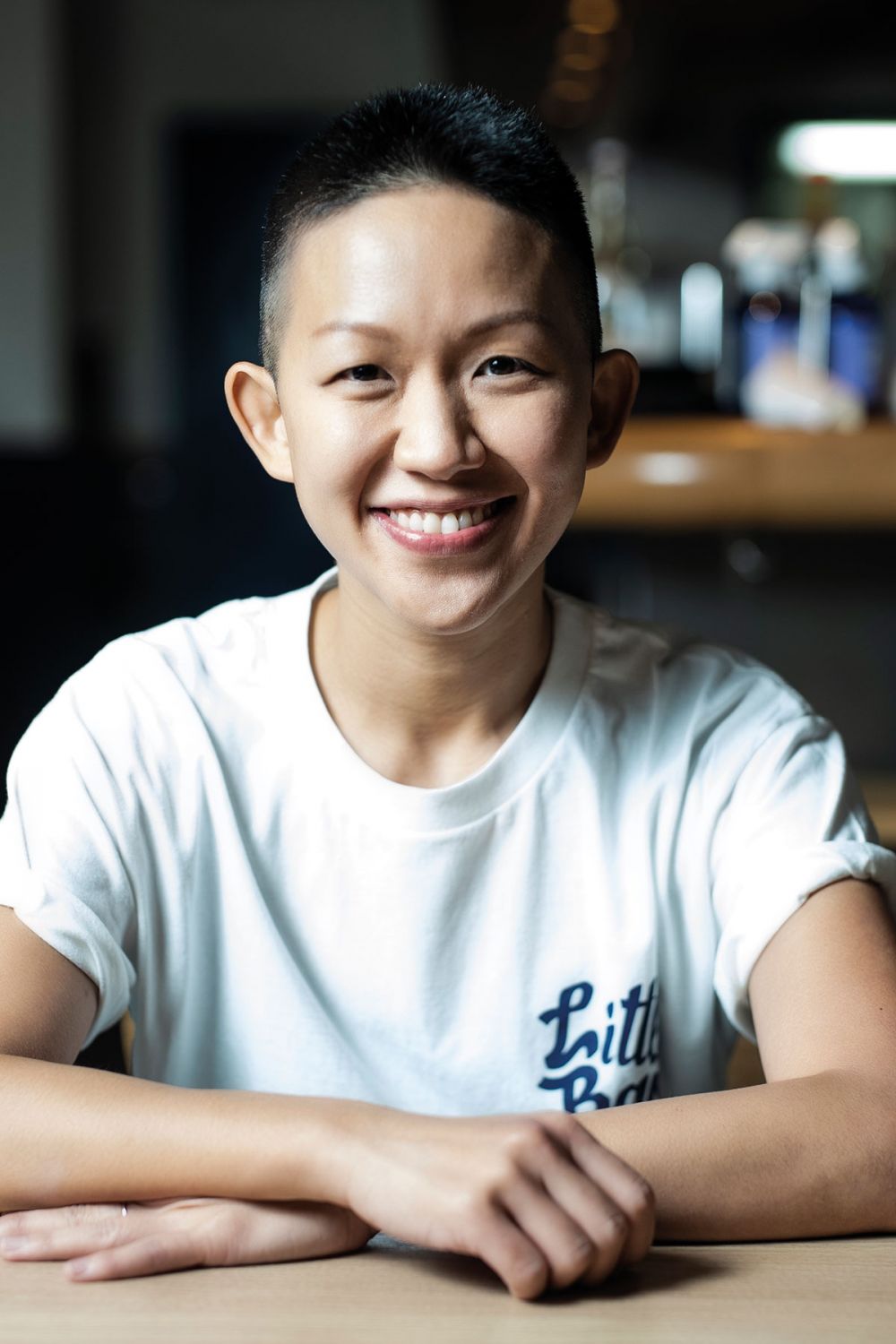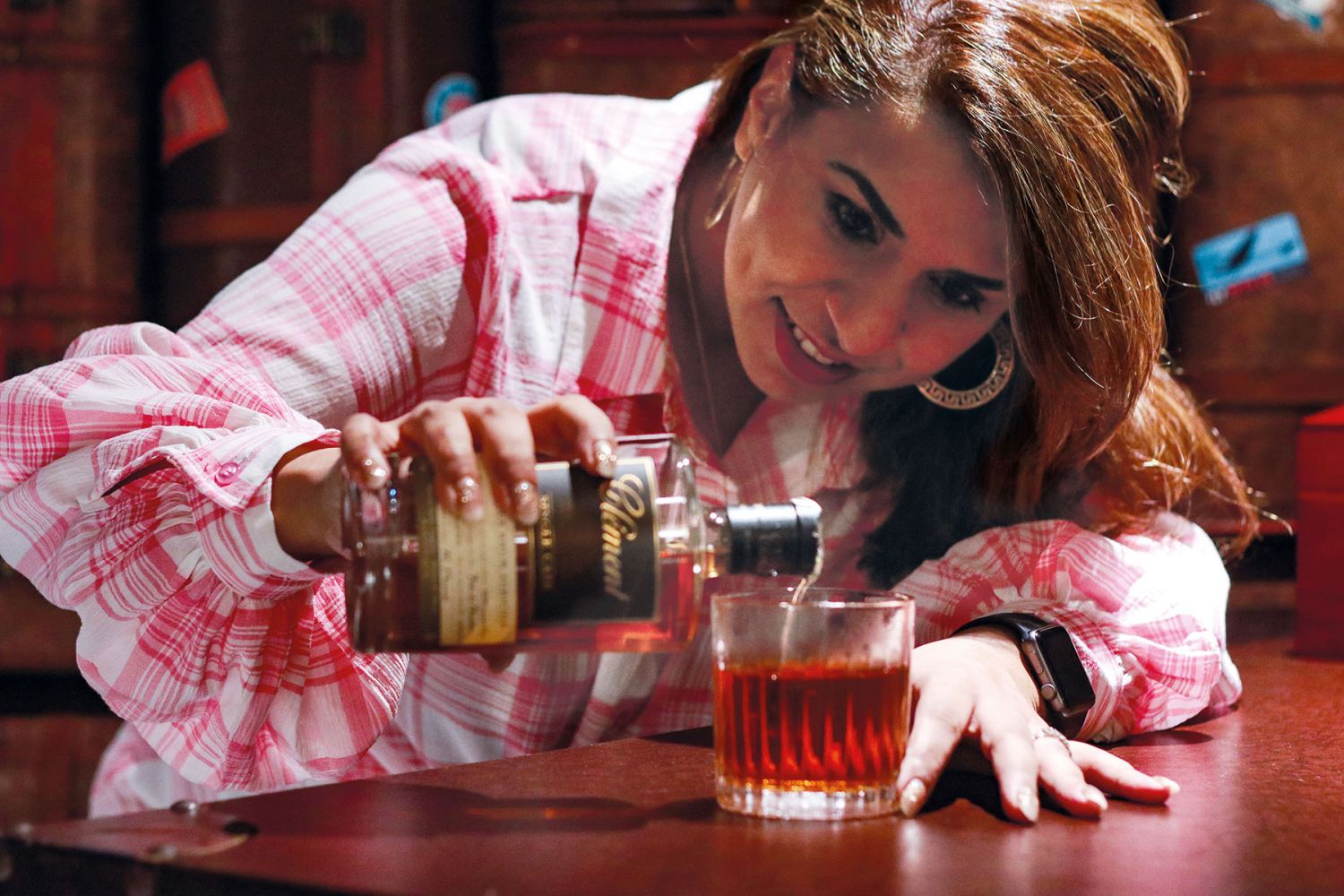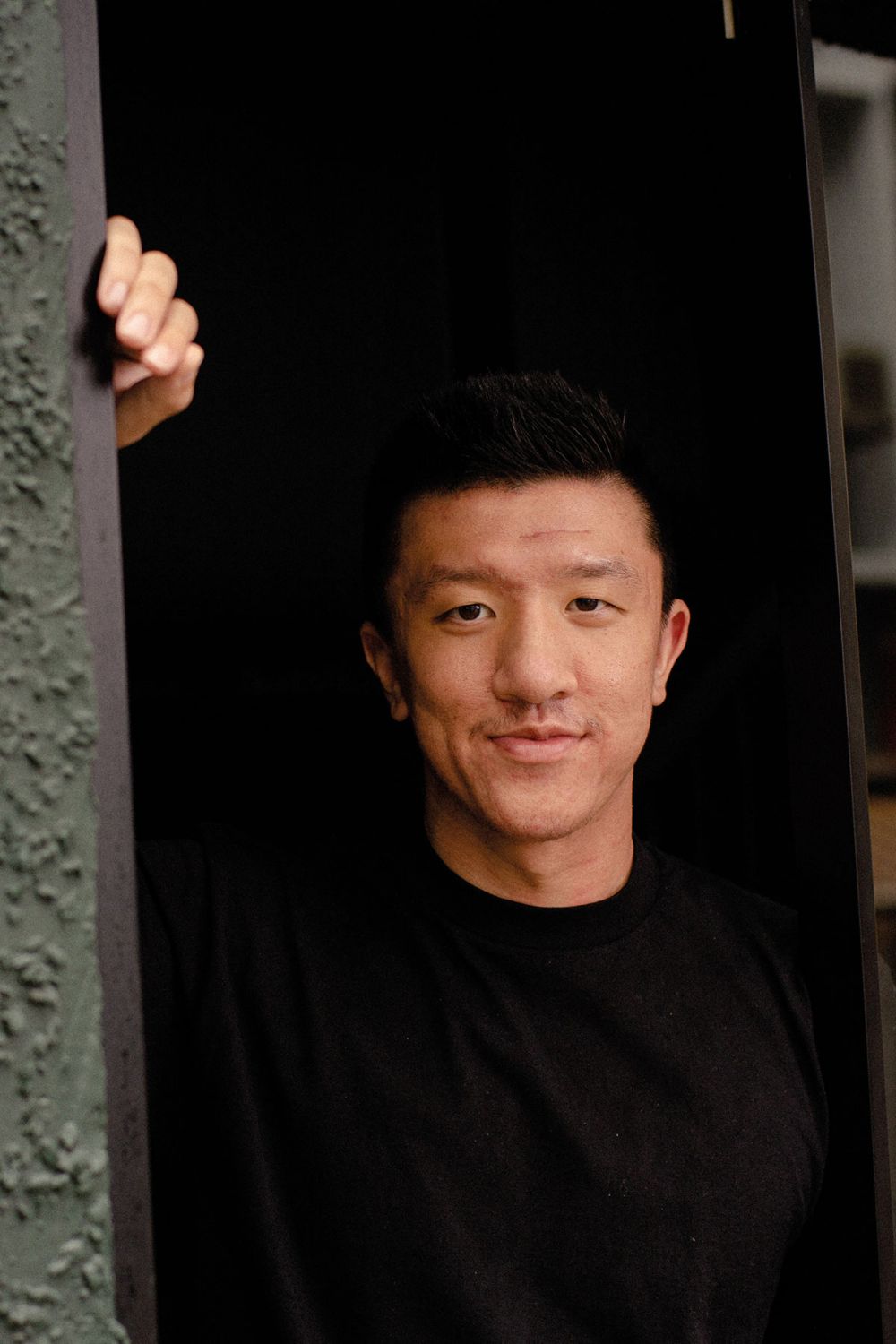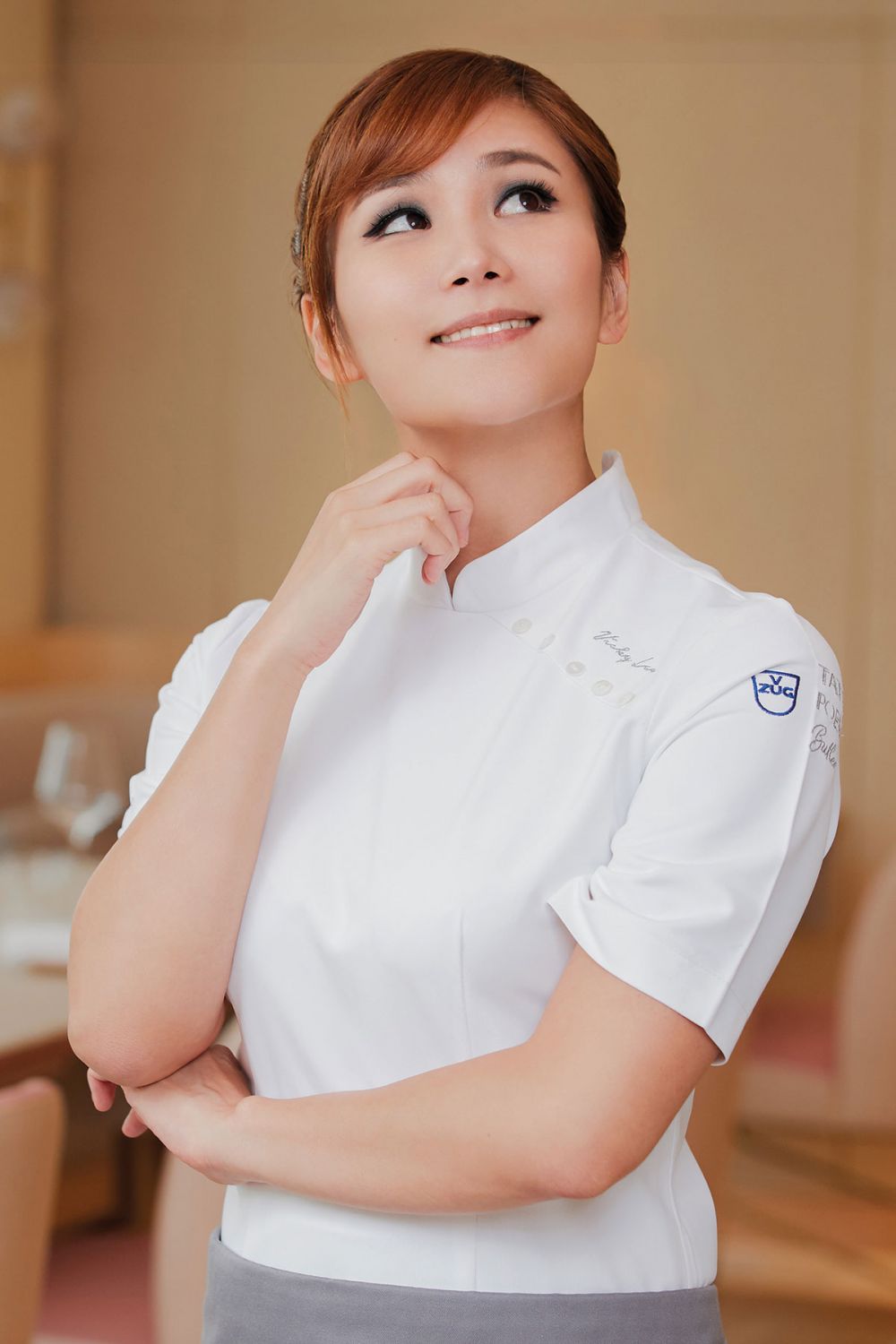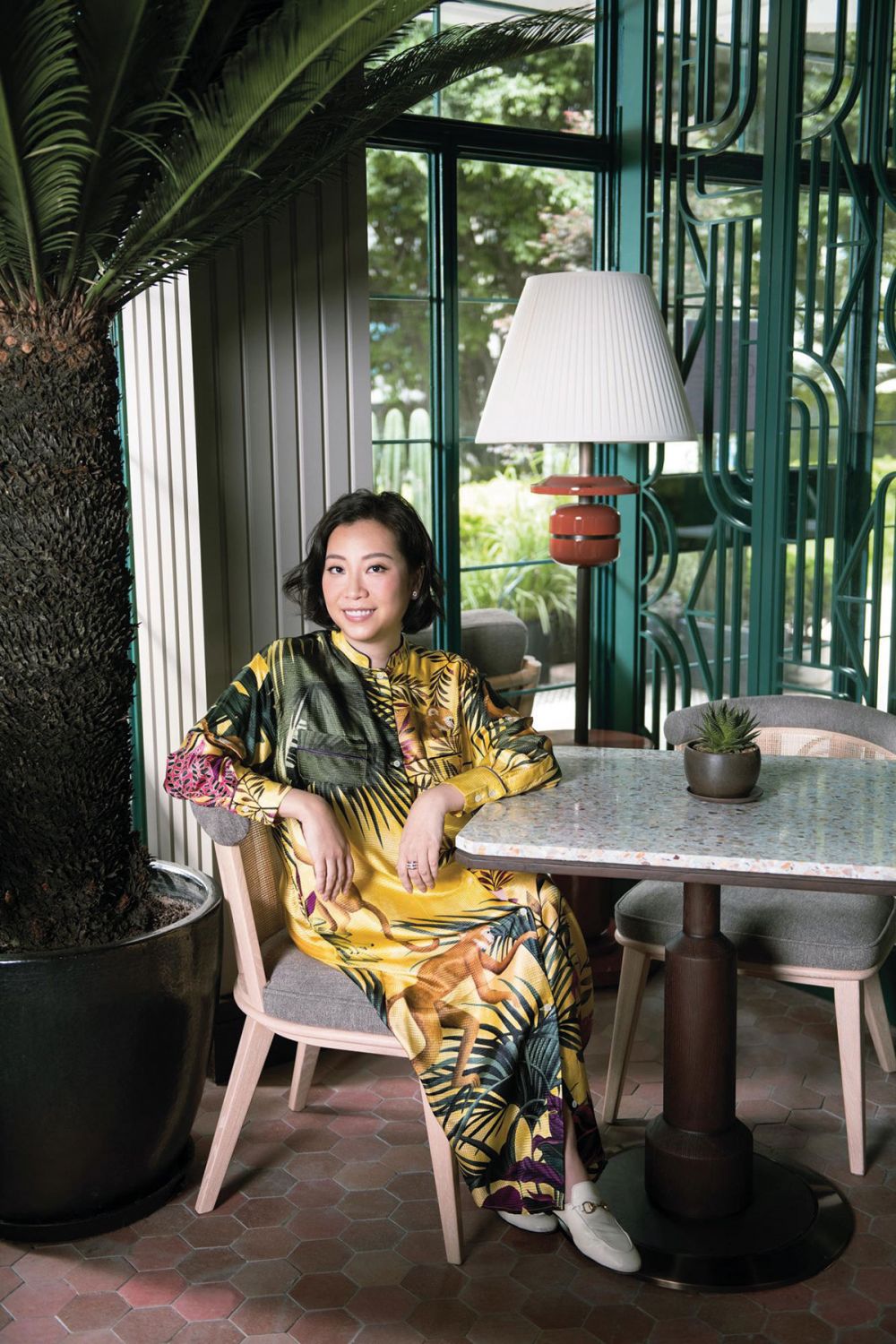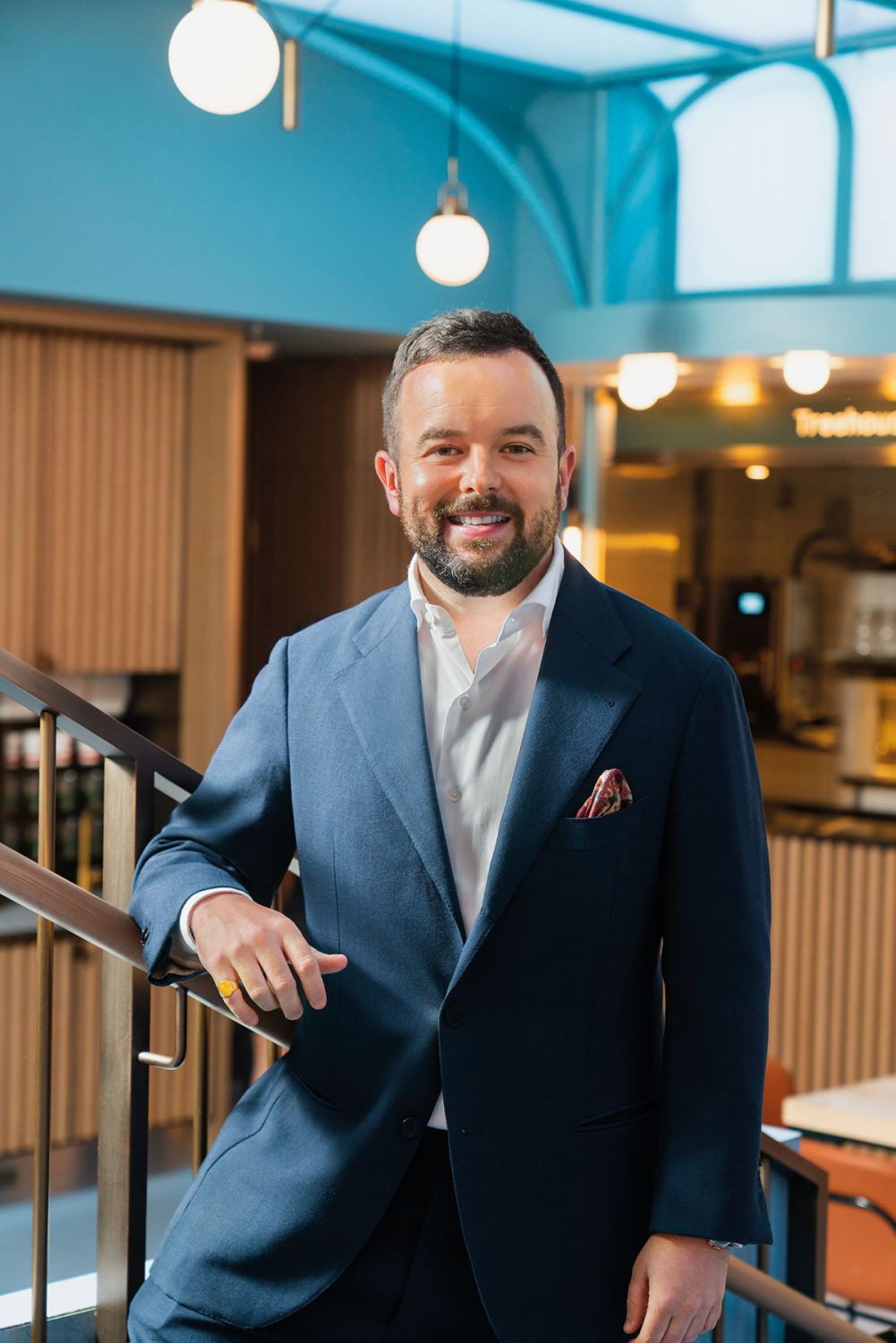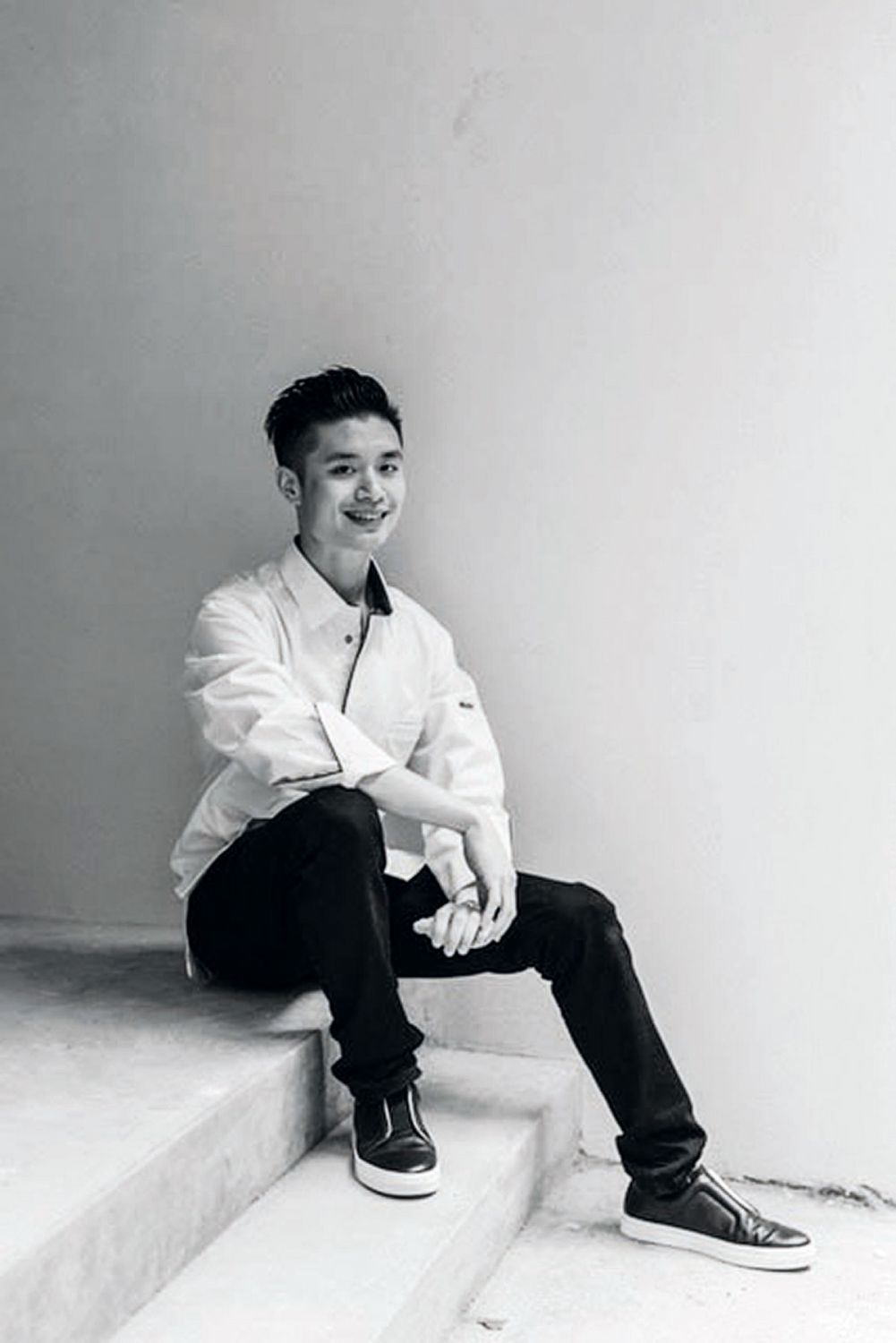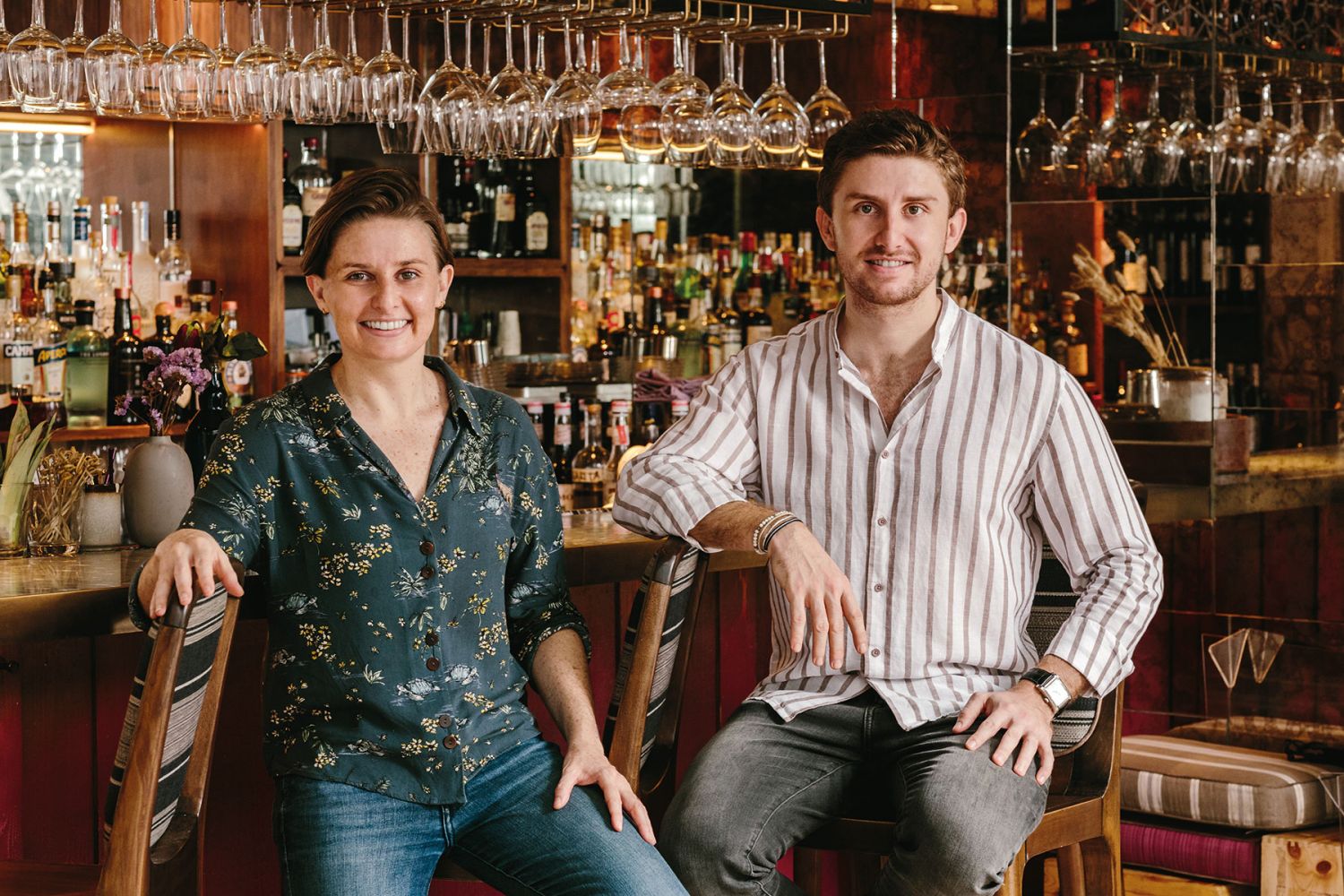Elliot Faber, co-founder of Sake Central and Awa Awa
I’ve learned that you need to be constantly fluid, adaptive and confident. Like the rest of life, Covid can throw all sorts of curveballs; rather than trying to dodge them, it’s best to face them head on. I believe that the people who have tried to innovate and adapt their business are the ones who will be successful whenever we land on our “new normal”, whatever that is. I also learned that while eating a whole pack of pasta with half-a-block of grated cheese during any sort of lockdown might seem like a good idea at the time, it isn’t – so stay fit and healthy in whatever capacity that means to you!
Related: Through The Stirring Glass: Awa Awa's Arlene Wong Dreams Of Awamori
Stephanie Wong, chef-owner of Roots Eatery
The biggest lesson for me was to be flexible and open-minded about adapting to different perspectives. To accept that many things are beyond your control but to keep faith despite everything, because something will eventually work out for those who persist.
Related: Roots Eatery's Stephanie Wong On Her Hong Kong Street Food Memories
Elizabeth Chu, founder of ZS Hospitality
The biggest takeaway for me was that in every risk there is an opportunity – it’s important to lead the company with optimism and vision. While there has been a huge drop in the number of visitors in Hong Kong, we’ve seen it as an opportunity to grow, be creative and build a more solid local customer base. Our internal teams have shown resilience and adaptability throughout, reacting immediately with different strategies to the fast-changing regulations. Whether it’s between our management and overseas partners, head office and chefs or front-of-house and back-of-house, communication is always the key.
See also: Inspirational Women In Hong Kong's Food And Drink Scene To Follow In 2022
Jay Khan, co-founder and beverage director of COA
Covid took us out of our comfort zone, slowed us down and taught us the real meaning of “adversity breeds creativity”. Before Covid, we took things for granted, never realising that the business model we’d adopted was a very one-dimensional approach. We did lots of things that we wouldn’t have done without this pandemic – like starting our own e-commerce platform to offer spirits and cocktails for guests, and partnering with local businesses to create new products and make our bonds even stronger.
Don't miss: 14 Peaks in 14 Days: How Jay Khan is Raising Money and Awareness of Mental Health
Vincent Mui, founder of Test Kitchen
Our chefs and I have learned to become more adaptive to the situations presented in front of us, while maintaining the mission we’ve had since I started Test Kitchen six years ago – to be a platform for passionate chefs to cook the food they love, and share their stories with our guests.
Manuel Palacio, co-founder of Pirata Group
You have to stick to your gut and make bold decisions that sometimes go against conventional wisdom. Remember why you are in business, focus on measuring the inputs rather than outputs when things don’t go your way – and through it all, always be grateful.
Related: How Pirata Group Has Grown Despite The Challenges Of A Global Pandemic
Lorenzo Antinori, beverage manager at Four Seasons Hotel Hong Kong
We learned to develop business models designed to adapt quickly to any situation, with both flexible operational hours and offerings; going forwards, technology will be even more present and can be leveraged to create safer and better experiences for guests. This period also taught us the importance of supporting other businesses, and finding the right way to collaborate and be creative with each other.
See also: At Argo, Lorenzo Antinori Meets His Future
Beckaly Franks, co-owner and bartender at The Pontiac
One of the biggest lessons for me was to appreciate what I have and where I am. Since moving to Hong Kong seven years ago, I’ve worked and travelled nonstop, really making no time for myself. Since The Pontiac was forced to close due to government restrictions, I was finally able to set up my life here and take it all in. The beauty of Hong Kong, from its jungles to its underground music, has made me fall more in love with the city than I ever gave myself the chance to imagine. Many people are anxious and eager to travel, which I understand; however, for me, I’m happy and grateful to be where I am.
Charlene Dawes, owner and managing director of Tastings Group
Don’t be afraid of change. Our industry is constantly changing so we’ve been quick on our feet, making adjustments to how we operate on a daily basis. Change can bring opportunities and new ideas – so no matter what happens, be ready to make quick decisions, don’t sit on problems and keep moving forward!
Related: Charlene Dawes Of Tastings Group On Her Most-Loved Childhood Eats
May Chow, chef-owner of Little Bao
It’s important to build an ecosystem of people with different areas of knowledge that can provide informed advice; don’t be afraid to connect and ask for help. Also, expect to grow an exponential amount of white hair!
Don't miss: Why We Need To Rethink Chinese Fine Dining
Tiana Ludhani, co-founder and general manager of The Daily Tot
Faith – it's a simple word that means so much. Learning to have faith in the people and future of Hong Kong; faith in our idea and concept; and faith in my team who showed up every day and came up with ideas to keep us going during the restrictions. We’ve had to dig deep and be as creative as we can. It isn’t easy to have faith during the toughest times, but it has paid off as we’ve now expanded our portfolio with a new space, Zzura – and thus, I’m taking another leap of faith with both feet forward. Even if I fall flat on my face, it’s the jump that counts.
Nelson Htoo, co-founder of Common Abode
The pandemic brought many new variables that we previously wouldn’t have had to pay attention to, like social distancing measures. The main thing I learned was to stay creative and agile with how we manage our operations. The most challenging yet necessary part of fighting through the pandemic would be to find and reclaim control in whatever way you can, adapting to rapidly shifting circumstances and always finding ways to make sure diners can safely and comfortably enjoy their time at all our venues.
Related: A Taste Of Home: Nelson Htoo On The Dishes He Grew Up With In Singapore
Vicky Lau, chef-owner of Tate Dining Room
The F&B industry is facing many limitations for overseas products due to the pandemic; globalisation is on pause, so we’ve taken this as an opportunity to grow, discover more local ingredients and work with more sustainable products. Owing to travel restrictions and event cancellations, we’ve taken the opportunity to be inside the kitchen undistracted and focused on creating more new dishes than ever.
See also: Now Open: Vicky Lau’s New French-Chinese Restaurant Mora is an Ode to Soy
Yenn Wong, CEO and founder of JIA Group
It’s imperative to be nimble and reactive, as the situation and restrictions seemed to change constantly. Working closely with our suppliers and customers really helped us to survive the hard times, along with taking care of our staff as much as we could. Lastly, remember to stay positive and look for potential opportunities to tackle the challenges we all face.
Read more: Secrets Of Success With Yenn Wong, CEO And Founder Of JIA Group
Tom Andrews, senior asset manager at Hongkong Land
Opening BaseHall during the pandemic has certainly been challenging at times! With constant changes and uncertainty, we’ve learned to be creative, generating excitement in new ways that are safe yet inclusive – for instance, partnering with The Grounds to offer delicious food for their socially-distanced cinema experience.
Leonard Cheung, chef-owner of Cultivate
Whether it’s consumer spending habits, government policies or the monthly food and wine supply chain, everything is unpredictable! But one very important lesson, which should’ve been learned by every F&B employer in the last two years, is to do everything possible to hold onto staff that make your life easier – even employees that can be a pain in the ass at times, as long as they’re beneficial 51 percent of the time. Because there are no foreign talents flying in, no expat chefs or front-of-house personalities, no cooks from Southeast Asia that used to form the backbone of every Hong Kong kitchen. We’re all just stealing employees from each other now!
Don't miss: Cultivate, Leonard Cheung’s New Soho Restaurant, Pays Homage To Seasonality
Laura and Alex Offe, founders of Meraki Hospitality Group
Take a moment to pause and re-evaluate; there will always be hard times, but the key is to work as a team. Communication is crucial; explain the challenges you’re facing and be open about what’s needed. Anything is worth trying – from borrowing your parent’s car for delivery runs to serving Asia’s 50 Best Cocktails! It was no longer about roles and positions; things shifted to “how can we make this work for the entire team and our industry”. Changing our approach to food and sourcing was also vital. Deliveries and sourcing became more complicated – but what first seemed like a challenge instead became an opportunity to work with local farms, and we’re now working towards sourcing only ethically and sustainably moving forward.
Read more: Laura Offe on Why We Should Be Eating Ethical, Not Sustainable, Seafood
